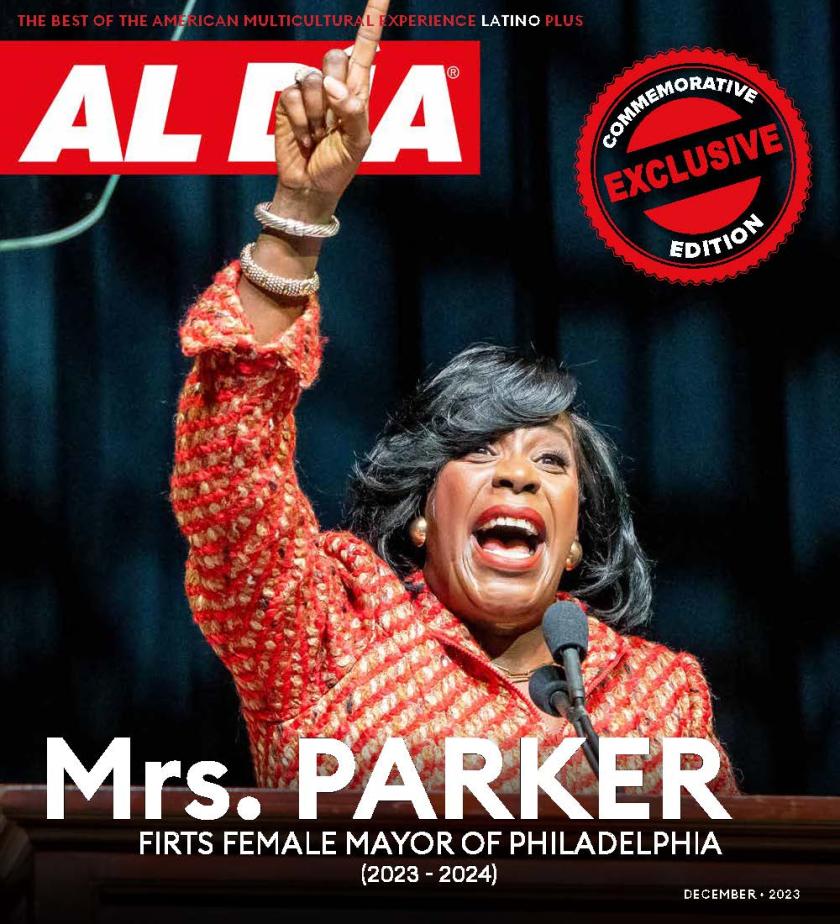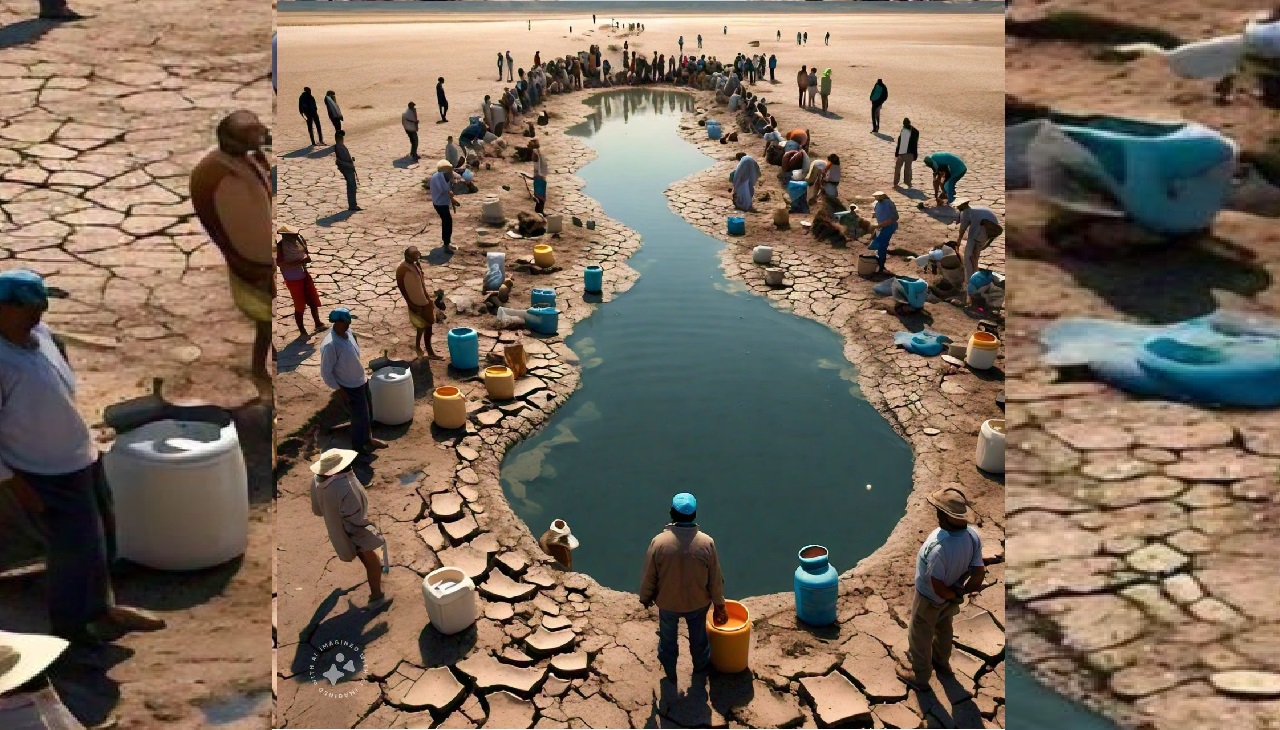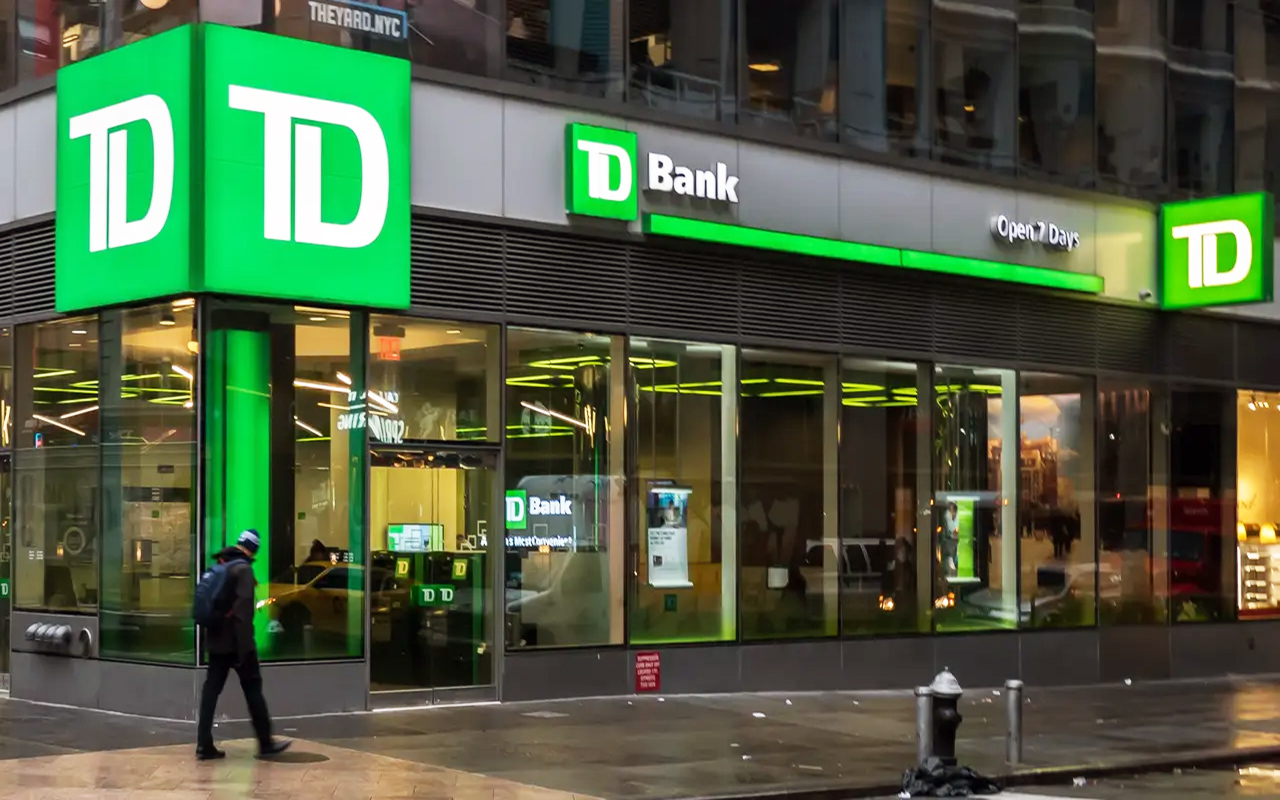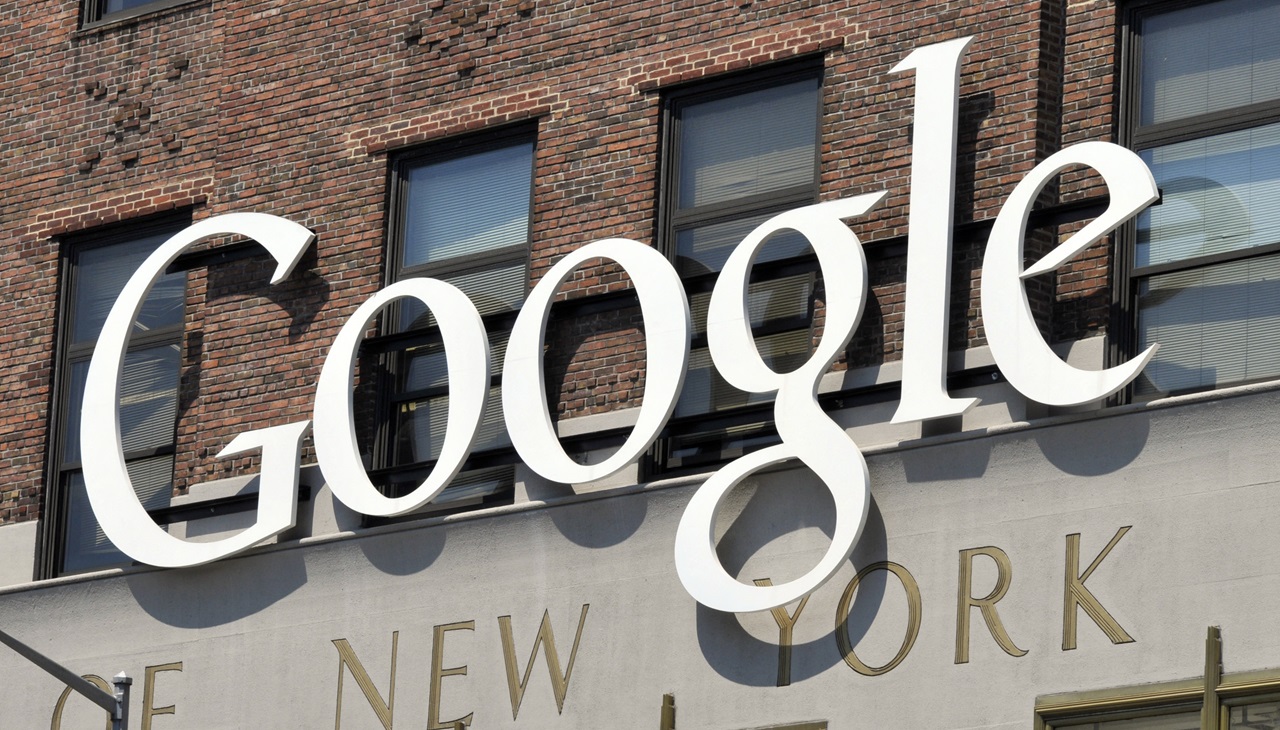
Shape the future of Philadelphia’s budget as part of Re-Imagine Philadelphia
The city is looking for 10-15 members of the public to take part in a $1 million pilot program to guide the city’s first foray into participatory budgeting.
Philadelphia needs all the help it can get to shape its future.
That’s why on Dec. 3, the city announced the beginning of Re-Imagining Philadelphia, a new pilot program with $1 million in funding that hopes to involve community members from across the city (specifically those from marginalized communities) into the budget planning process.
To start, the city is looking for 10 to 15 community members to join various members of the city advisory commissions to create a 40-man steering committee.
The committee’s job will be to help craft a future for Philadelphia that is led by residents and is the first step of its first foray into a process called participatory budgeting.
At its core, participatory budgeting allows members of the community to be directly involved in how to allocate part of a public budget.
The democratic process of city budgeting was first practiced in Porto Alegre, Brazil in 1989, and has since spread to 3,000 municipalities across the world.
In the U.S., New York City was the first municipality to dabble with the idea and is home to the now-international Participatory Budgeting Project.
It was officially founded in 2009 to help initiate the first instance of participatory budgeting in the country. Since, it has helped 29 municipalities with the practice across the country and Canada.
Philadelphia’s process started with Imagine Philadelphia, but rebranded it in 2020 to Re-Imagine Philadelphia with a more concerted effort to engage members of communities across the city regardless of language and cultural barriers.
Its leaders also didn’t want to hold out for another extended period of time before developing another 10-year plan.
“We wanted people at the table, and we didn’t want to wait decades again,” Eleanor Sharpe, executive director of the Philadelphia City Planning Commission, told AL DÍA.
The $1 million in startup funds for the project is from a Delaware Valley Regional Planning Commission Transportation and Community Development Initiative Grant.
Applications to be a member of the steering committee are open now. They can be submitted online (https://forms.gle/vewQ5W7Fiq2FeL8eA) or interested parties can call 311 to have their applications filled out and submitted over the phone.
RELATED CONTENT
If applying online as a non-English speaker, the instructions for how to translate the page are a little vague.
Once on the page that reads “Re-Imagining Philadelphia -- Steering Committee Application,” right-click anywhere on the page and click “Translate to English” on the menu that pops up.
A Google Translate feature will then appear in a box in the top right of the screen. In the box that appears, click the three dots aligned vertically to the left of the “x.”
Another menu will appear and click the “Choose Another Language” option.
A new box will appear and click the drop-down menu it contains and pick the language that the page should be translated into. Once the language is selected, the form will be translated into that language.
The deadline for applications is Dec. 15.
The city is asking anyone and everyone to apply for the 10 or 15 spots on the steering committee. Even if they don’t get one of them, Sharpe also said that they could be reached out to for feedback as part of a future initiative or another part of the budget process.
Once formed, the steering committee’s first meetings, scheduled for December 2020 and January 2021, will be about guiding the first stages of the participatory budgeting process. Future meetings throughout 2021 and 2022 will decide how to approach some of the work that was prioritized at earlier meetings.
 This article is part of Broke in Philly, a collaborative reporting project among more than 20 news organizations focused on economic mobility in Philadelphia. Read all of our reporting as brokeinphilly.org.
This article is part of Broke in Philly, a collaborative reporting project among more than 20 news organizations focused on economic mobility in Philadelphia. Read all of our reporting as brokeinphilly.org.











LEAVE A COMMENT:
Join the discussion! Leave a comment.